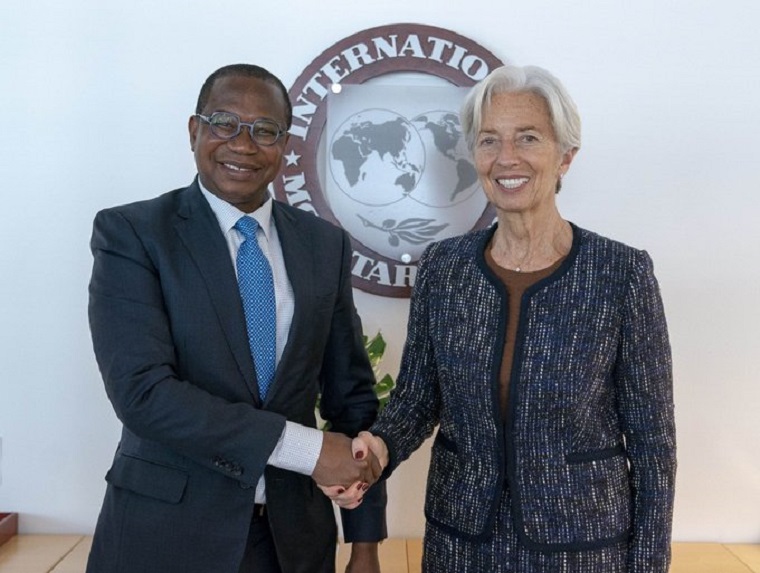 With major support from the International Monetary Fund on Zimbabwe’s ongoing reform process, the government announced a key step towards the return of the Zimbabwe dollar on Monday.
With major support from the International Monetary Fund on Zimbabwe’s ongoing reform process, the government announced a key step towards the return of the Zimbabwe dollar on Monday.
This follows the first budget surplus in decades, following reforms brought in under President Emmerson Mnangagwa.
The IMF said last Friday that “significant economic reforms were under way” in Zimbabwe, where the economy has been under pressure from a dollar crunch, rising inflation, and public anger over shortages.
This is the biggest sign of support to the new Zimbabwean government from a big international financial institution since the fall of Robert Mugabe in 2017.
President Mnangagwa has promised to revive the economy, but the underperformance of the country’s interim currency called RTGS dollars has worsened shortages of fuel and other goods.
His government has agreed to have its economic and political reforms monitored by the IMF to convince foreign donors to restructure or forgive its debt.
It will also require Zimbabwe to cease taking on new debt from foreign lenders during this period.
The government has pledged key steps to reduce Zimbabwe’s ballooning debt:
- it will cease taking on new debt from foreign lenders for the duration of the IMF programme;
- to only borrow RTGS$400 million from the central bank in 2019, down from RTGS$3 billion last year;
- to cut the government’s salary bill to 67 percent of the budget, down from 79 percent last year;
- and to slash the budget deficit to 4% of GDP.
The government is also expected to remove grain subsidies next year after the central bank scrapped a subsidy on fuel and ordered oil firms to buy dollars on the open market.
But Zimbabwe’s economy is still expected to suffer in the short term before it can grow again, due to a severe drought and a cyclone that devastated the eastern part of the country earlier this year.
The IMF said the economy would contract by 2.1% in 2019 before rebounding to 3.3% growth next year.
The annual inflation rate will average 80.86% this year but the figure would fall to 14.1% in 2020, it added.
This silver lining shows the economic pain felt by ordinary Zimbabweans will soon be over, due to the tough economic measures being taken by the Mnangagwa government.
To restore trust in its interim currency, on Monday it abolished the use of foreign currency as legal tender in the country.
The US dollar and other currencies such as the South African rand have been used by Zimbabweans for a decade.
Continued next page
(368 VIEWS)


